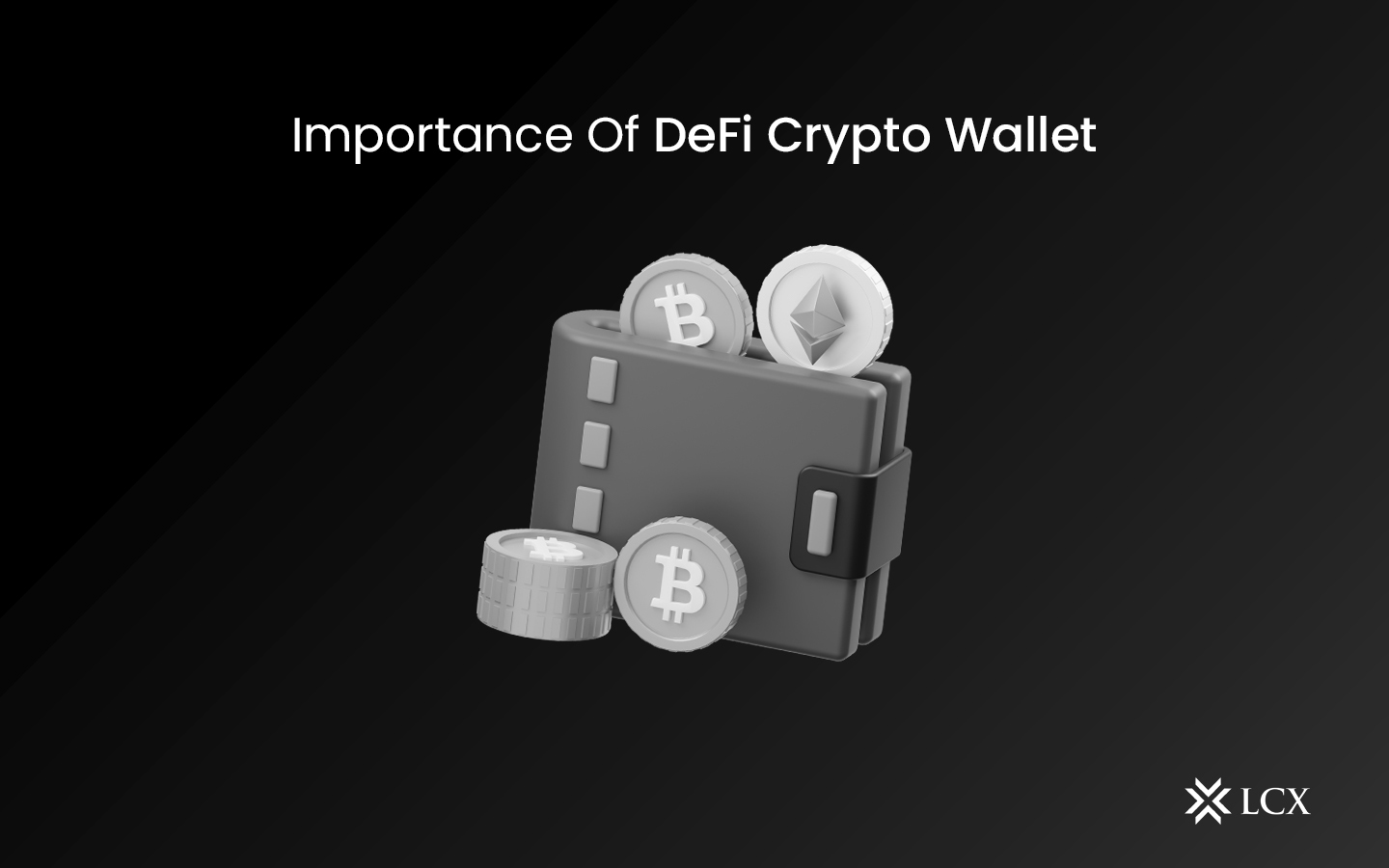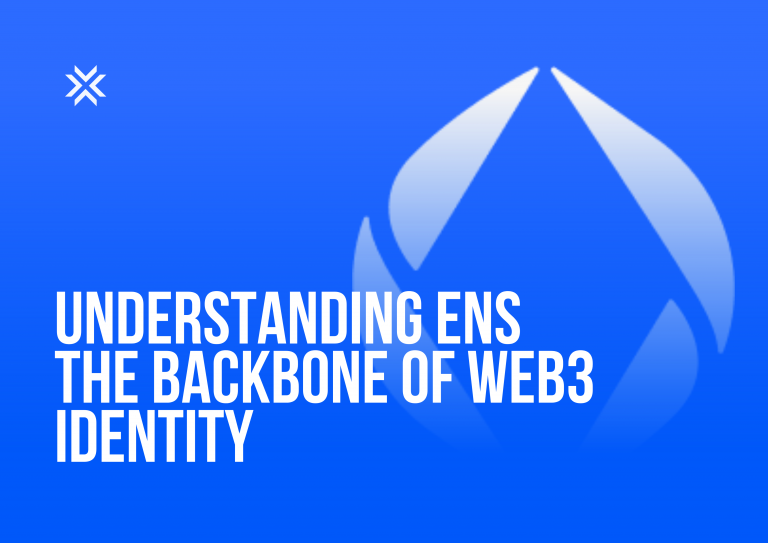Decentralization deals with eliminating intermediaries in manufacturing and financial industries. Mainstream finance has been controlled by central bodies such as banks and governments for ages now, so this is the time for some change. This is the time when individuals take control of their assets.
With the expansion of decentralization, DeFi crypto wallets have also come into the picture. Earlier, it had the goal of securing users’ crypto coins and digital assets, but now its role has grown beyond that.
Understanding DeFi Crypto Wallets
Private keys are the most important entities to all crypto investors, but it is often difficult to ensure their safety. If the user loses access to their private keys, they can lose all their investments too. Thus, to resolve this problem, a decentralized wallet was introduced. Based on blockchain technology, these wallets are a good way to store the private keys for your NFTs or cryptocurrency.
Centralized And Decentralized Exchanges
Centralized exchanges work similarly to a bank, they include a middleman that regulates and controls the customer’s assets. These exchanges also have their own wallets where you can store your private keys. But if the security of the exchange is compromised, then you may lose your assets too.
In the case of Decentralized exchanges, there are no middlemen. These are basically peer-to-peer marketplaces where buyers and sellers directly interact with each other to carry out transactions. Due to their non-custodial nature, these exchanges are considered more secure. As none of the private keys are stored in the exchanges, you won’t lose them even if the exchange is hacked or compromised due to malicious activities.
Features Of DeFi Wallets:
- Transaction history: DeFi wallets are designed in such a way that they can maintain a copy of all the transactions stored on the blockchain, starting from the user’s first transaction.
- Non-custodial: It means that no one can regulate or control the assets stored in such wallets. Users are the sole owner of their wallets and there are no involvements of any intermediaries. All the private keys are locally stored on the user’s device, which allows them to buy, or sell digital assets from any part of the world.
- Personal key generation: DeFi wallets allow personal key generation for their users so that they can recover the private keys if needed. This way, the storage of private keys is less risky.
- Compatibility: DeFi wallets are highly compatible with a wide range of tokens. Therefore, the user has a diverse set of options to trade in.
DeFi Wallets And NFTs
When the user carries out transactions of NFTs using decentralized exchanges, they eliminate the need for any third party. DEX are, without a doubt, an important part of P2P NFT trading, but DeFi wallets are also essential for storing NFTs. Selling your NFTs to the buyer using a DeFi wallet is an easy and less expensive process because it requires fewer transaction fees.
Conclusion
While the centralized system is built on trust, and dependency, a decentralized system is trustless and efficient. In the development of this secure P2P network, the expansion of DeFi wallets has proven successful for storing private keys and digital assets of users. Decentralized finance is still renewing the traditional financial systems of many countries, so many DeFi features still await us.









